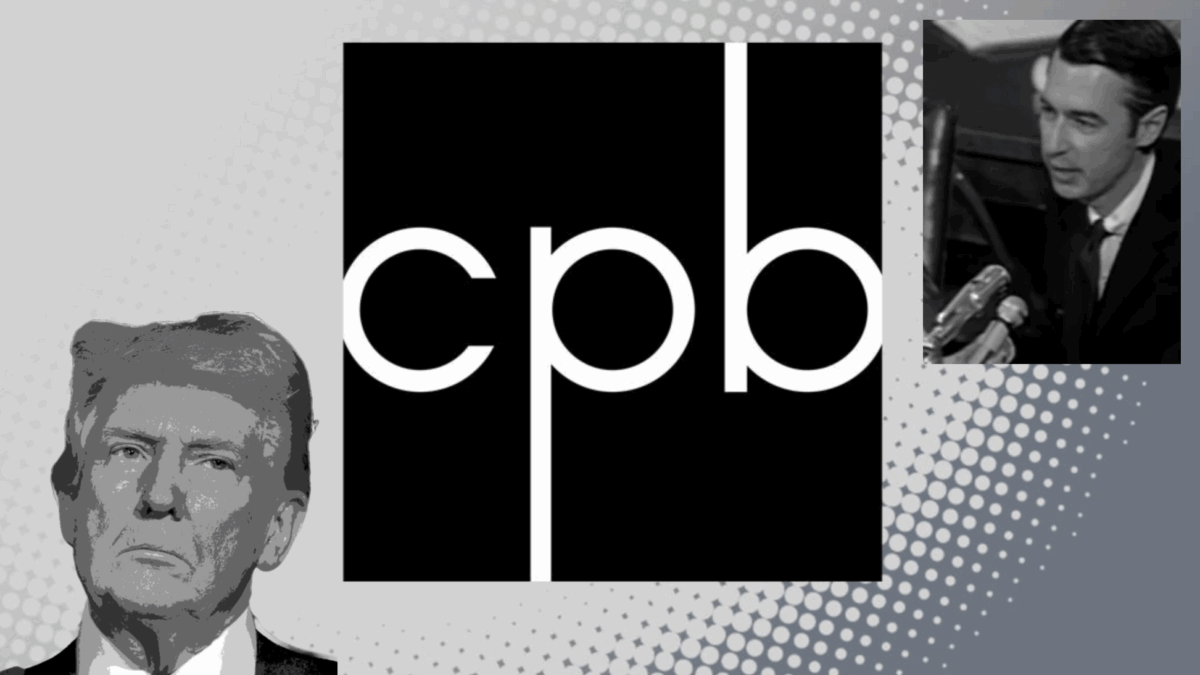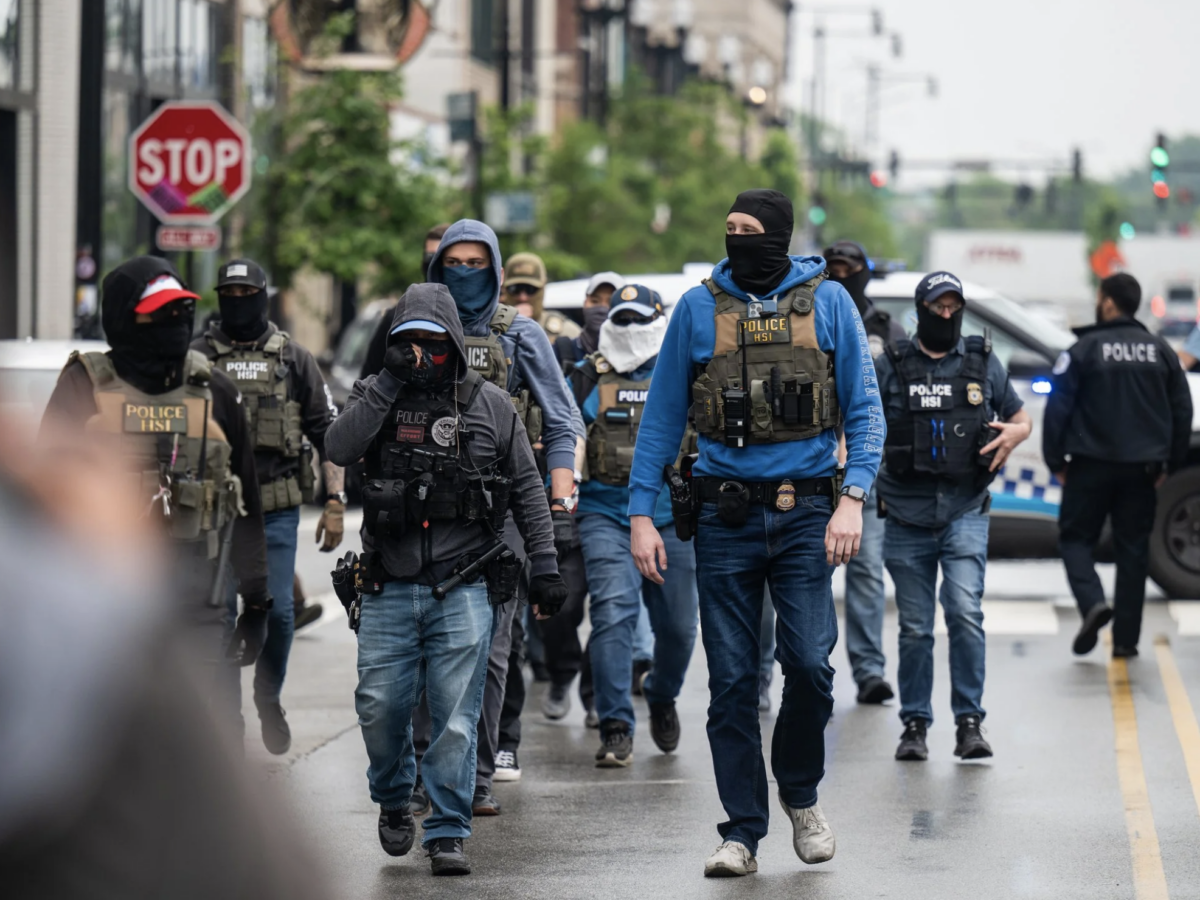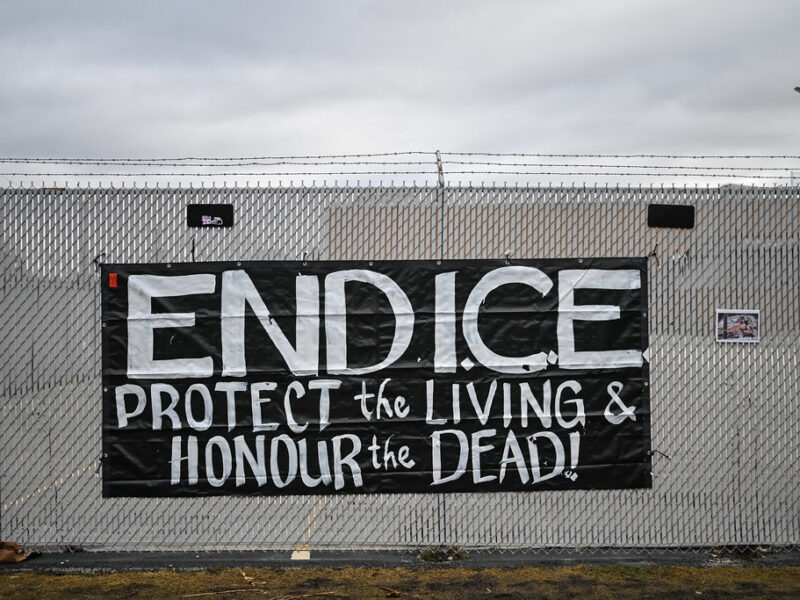President Donald Trump and his Republican cronies in Congress have finally managed to kill the Corporation for Public Broadcasting (CPB), the nonprofit that helps fund National Public Radio (NPR) and hundreds of other local radio and television stations. In response to an executive order from the White House and spending cuts authorized by Congress, CPB has begun winding down and will be completely gone by 2026.
Like many of the Trump regime’s destructive and authoritarian moves this year, the death of CPB has long been a goal of Republicans—and its ramifications will be broad, deep, and lasting.
Republicans have been gunning for public media almost as long as it has existed. The 1967 Public Broadcasting Act created CPB as well as the Public Broadcasting Service (PBS), which has hundreds of local member television stations such as Chicago’s WTTW. Within two years, Republicans tried to kill PBS, prompting none other than Fred Rogers, the creator of Mr. Rogers’ Neighborhood, to defend it in a 1969 Congressional hearing.
Rogers was able to convince Congress, and in subsequent years CPB and its partners weathered further threats to its existence, funding cuts by former President Ronald Reagan, and PBS’s loss of Sesame Street to HBO. Part of why CPB wasn’t killed sooner is that every time an attempt to do so came up in Congress, a few Republicans representing rural areas understood the need to join Democrats in protecting it. Without CPB, their far-flung constituents would have no news or information services at all.
Today’s MAGA Republicans are hardly so sensible—and unlike their predecessors, they’re in thrall to the president and deferential to his every whim. If Trump tells them to jump, they say how high; if he tells them to cut services their constituents need, they ask by how much.
In addition to supporting beloved educational programming on television and radio, CPB ensured that viewers and listeners across the country had critically important, up-to-date information about emergencies and natural disasters. It allowed local stations to produce documentaries about area history, news, and culture. It enriched listeners’ and viewers’ lives, expanded their horizons and connected them with neighbors at home and around the globe. And it made all of that for free and available to everyone.
While NPR can weather the loss (only 1 percent of its funding is from CPB), and larger-market outlets such as Chicago Public Media (6 percent of funding from CPB) will survive, countless smaller and rural communities could lose their public stations for good. It’s yet another Trump action that also hurts his own voters.
In an era of FOX on the right wing or MSNBC on the left, much of what’s packaged as news and information today is in fact propaganda or “infotainment.” CPB ensured that public media could strive for true balance in programming even after Reagan killed the Fairness Doctrine, which required news outlets to present balanced coverage of controversial issues. In its absence, our news landscape will grow poorer, misinformation will continue to proliferate, and Americans will become less educated and more polarized.
As with every outrage from the cabal currently occupying the White House, you can do something about it. Support local media. Read, listen, watch, share—and subscribe or become a member. Whether you donate to the Weekly or one of our friends in the local media landscape, that matters less than it does that you pitch in somewhere. In the meantime, we will keep doing our job: conveying the truth.




